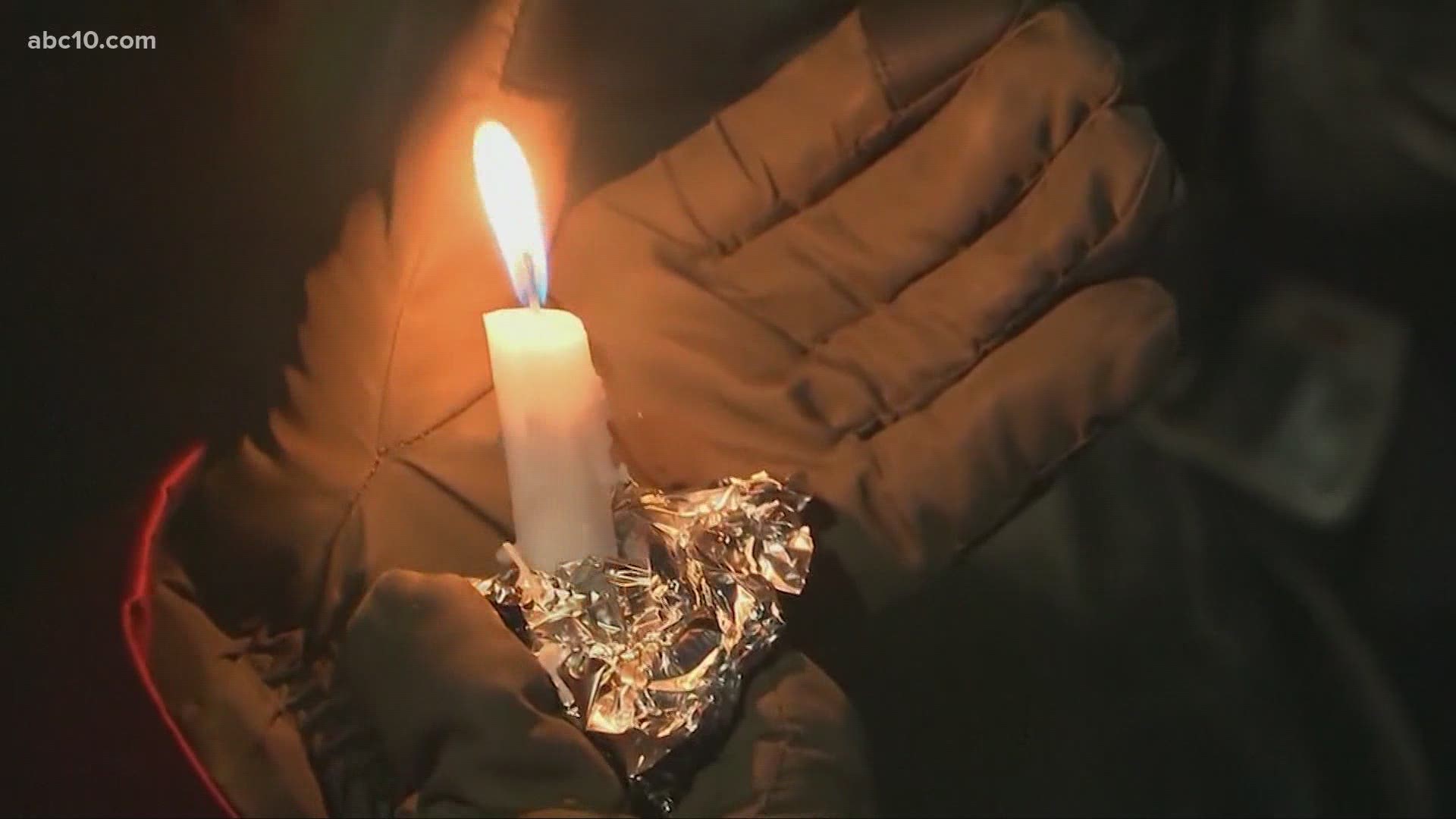SACRAMENTO, Calif. — The deadly targeted shootings in Atlanta that left eight people dead, including six Asian women, have brought emotions to the surface and left nerves raw for many people.
Timothy Fong, a Sacramento State professor of Ethnic Studies, explained some people just don’t understand what affected communities are going through.
“Literally people don’t get it. They just don’t understand the depth and seriousness of this. Or clearly don’t seem to be putting it in a proper perspective,” explained Fong.
He said he knows there’s debate about what happened but that doesn’t change the reality of the situation.
“People feel alone and they shouldn’t have to feel alone, in this situation, in this environment. I know there’s a lot of complexities with this case. I get that. But there’s eight people who died. And it just so happens six of them are Asian women,” said Fong.
Fong acknowledged the understanding gap for many people.
“We don’t know what we don’t know. And it is important, I think, to reach out and be willing to learn, to have the courageous conversations with other people. And potentially hear things that are very uncomfortable,” said Fong.
He acknowledged what happened in Atlanta wasn’t hitting all people equally.
“Maybe people are…what’s the word? Immune to the impacts? Or they’re immune to impacts on certain people, not of themselves. And that’s something we need to question. Why are we not feeling the same?” questioned Fong.
Fong reacted to some people downplaying the shooter’s intentions, even calling it just a bad day.
“It just seems to me, on a very human level, I think that’s very frustrating. In some ways, it’s just feeling that I and other Asian, Pacific Islander Americans are dehumanized. And I obviously that’s the case for African Americans with Black Lives Matter,” he said.
Fong shared a story about his daily reality.
“People were hoarding toilet paper and so I needed to go out and get some toilet paper. And I just thought, ‘I do not want to get harassed for buying toilet paper.’ Whereas other people can get toilet paper and they can hoard it, no one’s going to bother them. I want to buy toilet paper for myself, but just because of the racial uniform I have, I could be a victim. And you know what? Nothing happened. People were fine. But I had to have a relief feeling as opposed to not even think about it at all,” said Fong.
He added it’s something that’s always present in the back of his mind.
Fong says young people of color, freshmen in his department acknowledge having the same experiences.
“They’re aware of what’s going on. And it was sort of sad that their perspective was, ‘This is not surprising.’ Why should they have to feel that way? Tell me. Why should they have to feel something like this? That we have to live in a situation where there’s always… Life is dangerous, period. I understand that. But if people think it’s equally dangerous, that’s incredibly naïve.”
Fong said, sadly, this won't be the last chance for everyone to do better.
“There’s always opportunities. There was opportunities with Black Lives Matter. There are opportunities with the Florida shooting. This is another opportunity. So yeah, it is an opportunity. And quite honestly, if you miss it this time. Sadly, there will be other times.”
In moving towards solutions, AAPI leaders encourage communities to find empowerment in vocalizing the experience of discrimination they have faced.



















